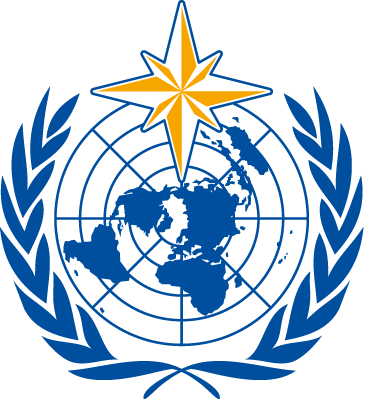World Meteorological Organization (WMO) Regional Climate Centres (RCCs) are centres of excellence that operationally generate regional climate products including climate monitoring and prediction in support of regional and national climate activities and thereby strengthen the capacity of WMO members in a given region to deliver better climate services to national users. While all WMO RCCs are required to fulfill certain mandatory functions, the RCC concept includes flexibility to accommodate specific regional needs, capabilities and limitations. The concept also provides options to implement a single multi-functional entity or a distributed-function RCC-Network collaboratively implemented by a number of interested hosts. Under the RCC concept service delivery to national clients remains in the purview of national institutions, the RCC is designed to assist with their mandate.
Mandatory and recommended functions of WMO RCCs and the relevant designation criteria are part of the WMO Technical Regulations.
Mandatory Functions
- operational activities for long range forecasts (LRF);
- operational activities for climate monitoring;
- operational data services to support LRF and climate monitoring; and
- training in the use of operational RCC products and services.
Highly Recommended Functions
- climate prediction and climate projection;
- non-operational data services;
- coordination functions;
- training and capacity development; and
- research and development.
The Arctic Regional Climate Centre Network (ArcRCC-N) has a domain that falls across three of the WMO Regional Associations: Asia, Europe and North America. The structure is on two levels: there are three sub-regional geographic domains, each of which will be guided by a Node that will perform all mandatory functions for the countries in its domain, and exceptionally, each node will undertake a significant cross-node mandatory function for the entire pan-Arctic domain:
- Canada will lead the North American Node (with Canada and USA as members of consortium); Norway will lead the Northern Europe and Greenland Node (with Denmark, Finland, Iceland, Norway, Sweden and possibly other interested European countries as members of consortium); and the Russian Federation will lead the Eurasian Node.
- Canada will lead development of Long-Range Forecasts (LRF); the Russian Federation will lead the Climate Monitoring; and Norway will lead operational Data Services based on WMO Information System (WIS) requirements.
